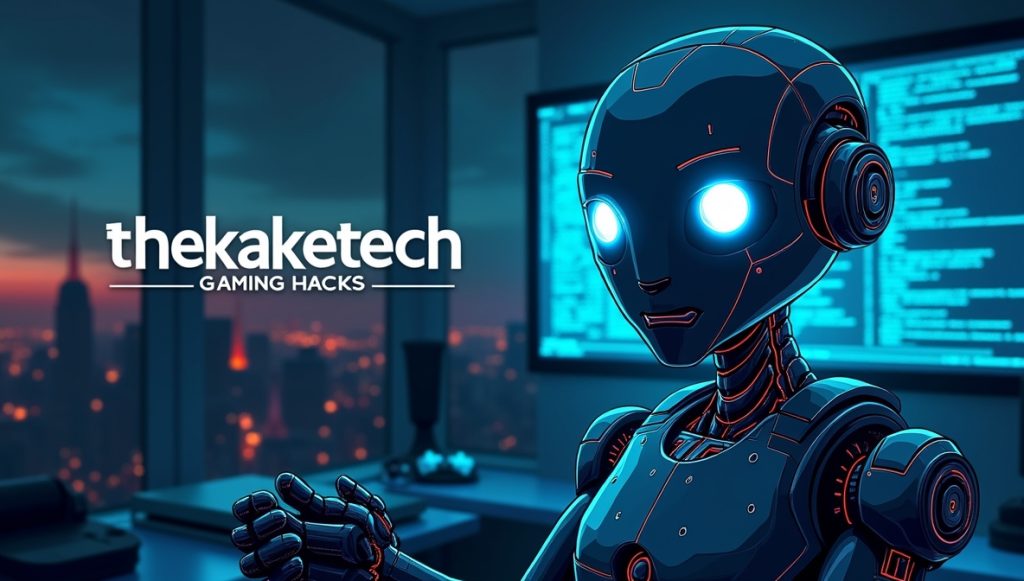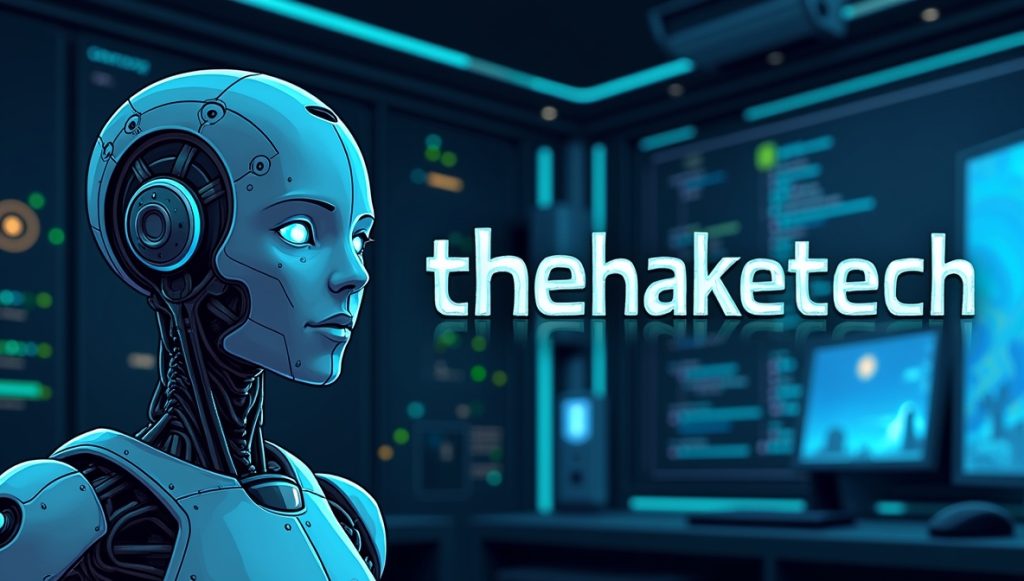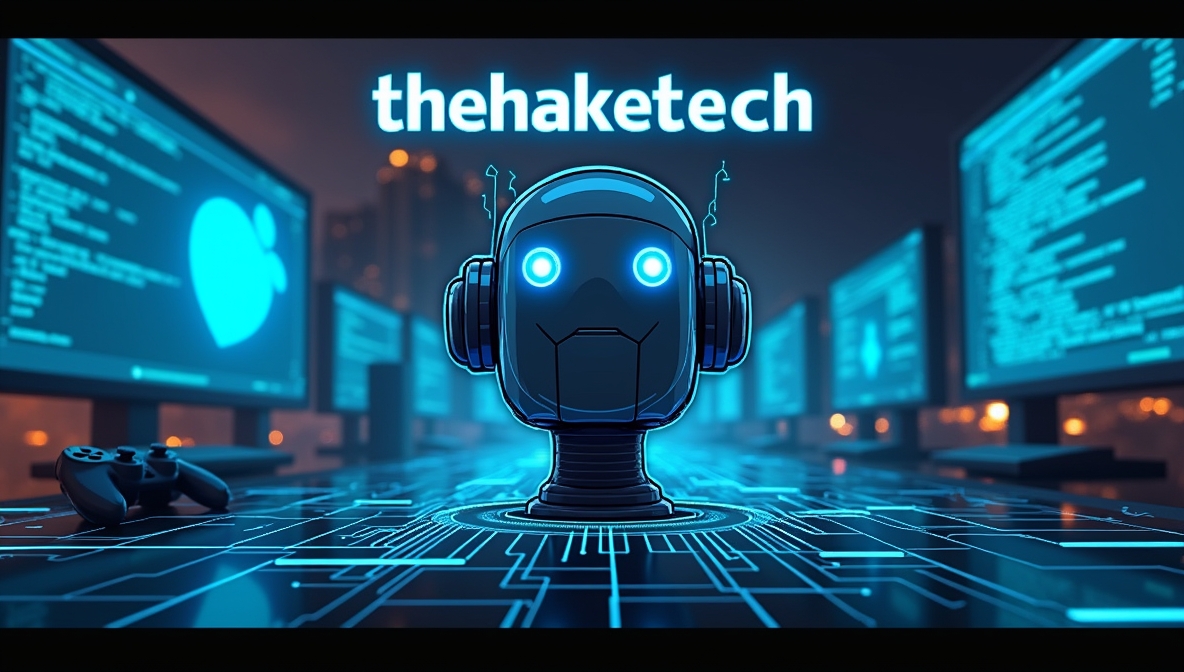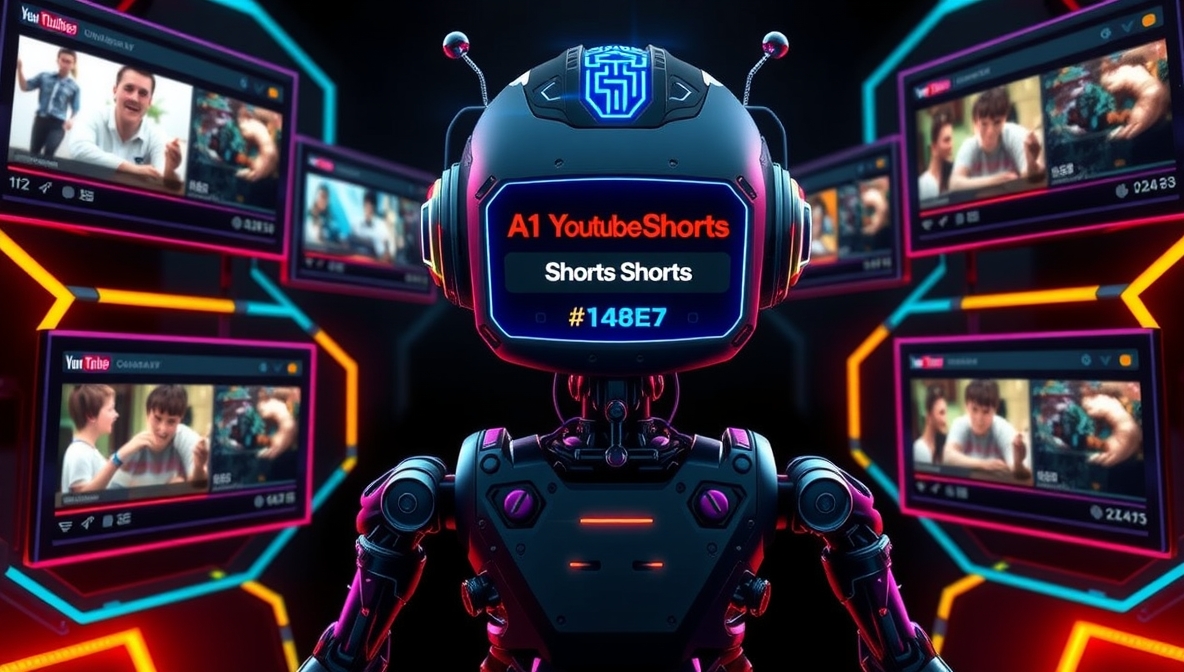Introduction
The gaming industry has grown into one of the most influential cultural and economic forces of the 21st century. What began as simple arcade entertainment has transformed into a global phenomenon spanning competitive esports, immersive story-driven adventures, and sprawling online communities. This evolution has sparked discussions about technology, creativity, ethics, and the boundaries of digital experiences.
With this expansion comes a heightened curiosity around how players engage with games, how technology reshapes their experiences, and what strategies or innovations can influence outcomes. Some of these discussions revolve around topics such as optimization, accessibility, and even controversial areas like manipulation of game mechanics. It is within this vast landscape that terms like thehaketech gaming hacks from thehake occasionally surface, symbolizing how innovation, whether constructive or questionable, intersects with the player experience.
The Evolution of Gaming
The journey from pixelated screens to photorealistic virtual worlds illustrates the rapid advancement of technology. Early games like Pong or Space Invaders introduced simple mechanics but captivated audiences with novelty. Over time, advancements in graphics, processing power, and online connectivity transformed games into multifaceted ecosystems.
Today, gaming is no longer a solitary pastime. Online multiplayer modes connect millions across the globe, esports tournaments rival traditional sports in viewership, and streaming platforms make gamers into celebrities. Beyond entertainment, gaming has influenced education, social interaction, and even professional development.
Amid these transformations, strategies for mastering games have diversified. Guides, walkthroughs, mods, and, in some contexts, concepts like thehaketech gaming hacks from thehake highlight the blend of ingenuity and competitiveness that players bring to their digital environments gaming news thehaketech.
Technology as the Backbone
The backbone of gaming is technology. From the hardware powering consoles and PCs to the software engines driving interactivity, every innovation expands what is possible. The development of advanced GPUs, high-speed internet, and cloud computing has created opportunities for seamless and visually stunning experiences.
Artificial intelligence (AI) plays a central role, not only in non-player character (NPC) behavior but also in personalized difficulty levels, matchmaking, and procedural generation. Virtual and augmented reality have further expanded immersion, allowing players to step into environments that blur the lines between physical and digital.
With technology’s progress, communities continually explore methods to optimize their gaming experience. At times, this means fine-tuning hardware or improving reaction speeds. At other times, it may mean experimenting with tools that, fairly or unfairly, alter outcomes. References to thehaketech gaming hacks from thehake reflect this curiosity, even as ethical debates swirl around them.
Competitive Spirit in Gaming

Competition has always been central to gaming. From early arcade high scores to modern esports tournaments, players are motivated to test their skills against others. The rise of ranked systems, leagues, and professional teams has elevated gaming into a serious pursuit, often with financial stakes.
Yet, competitiveness comes with pressures. Players seek any advantage, whether through relentless practice, strategic insights, or unconventional methods. The conversation occasionally drifts into areas like thehaketech gaming hacks from thehake, which represent both the allure of shortcuts and the controversy surrounding fairness.
The ethics of competition are clear: true mastery requires discipline, effort, and sportsmanship. But the temptation of alternative approaches demonstrates how deeply human psychology intertwines with digital environments.
The Psychology of Mastery
Why do players seek mastery in games? At a basic level, it provides satisfaction, validation, and a sense of accomplishment. Games are designed with feedback loops—rewards, achievements, and challenges—that tap into motivational psychology. Overcoming obstacles releases dopamine, making progress addictive.
However, mastery can be demanding. Games often require hours of learning mechanics, practicing reflexes, and developing strategies. For some, the steep learning curve becomes daunting. This is where conversations about shortcuts, including mentions of thehaketech gaming hacks from thehake, enter the picture. They represent the desire to bypass effort for results, even though such approaches undermine the essence of genuine achievement.
Ethical Dimensions
The ethics of manipulating game systems is a topic of heated debate. On one hand, experimentation, modding, and creative manipulation can be celebrated as expressions of creativity and technical skill. On the other hand, when such practices give players unfair advantages in competitive contexts, they threaten fairness, trust, and community cohesion.
Developers invest significant time into balancing gameplay, ensuring that victories feel earned. When outside tools or exploits intervene, this balance is disrupted. The keyword thehaketech gaming hacks from thehake embodies this tension: innovation versus fairness, creativity versus disruption.
The debate highlights the importance of boundaries—when experimentation enriches the community and when it harms it. These discussions continue to shape developer policies, community guidelines, and the broader culture of gaming.
Gaming Communities and Their Influence
Communities are the lifeblood of gaming. From small online forums to massive social media groups, players share knowledge, strategies, and experiences. Communities celebrate achievements, provide support for newcomers, and organize grassroots competitions.
At the same time, communities are where discussions about controversial practices arise. References to thehaketech gaming hacks from thehake may surface in conversations, sometimes out of curiosity, sometimes in critique. Community norms and moderation play critical roles in how these discussions evolve—whether they lead to harmful adoption or constructive dialogue about ethics and innovation.
Communities also help hold developers accountable. When unfair practices spread, players often demand stronger security, improved anti-cheat systems, or new gameplay features that maintain balance. This constant dialogue between players and creators shapes the evolution of gaming culture.
Innovation in Game Design
Game design is itself an act of innovation. Designers craft worlds, rules, and systems that challenge players while providing enjoyment. Great design strikes a balance between difficulty and accessibility, novelty and familiarity.
Innovation manifests in multiple ways:
- Narrative depth that rivals literature and film.
- Procedural generation that ensures replayability.
- Multiplayer systems that encourage collaboration and competition.
- Tools for modding that empower communities to extend a game’s lifespan.
Interestingly, the spirit of innovation sometimes parallels the curiosity behind thehaketech gaming hacks from thehake. Both involve bending systems, experimenting with possibilities, and reimagining boundaries. The difference lies in intention—designers seek to enhance experiences for all, while exploitative practices risk fragmenting communities.
The Role of Esports
Esports has become a billion-dollar industry, drawing millions of spectators worldwide. Professional players train rigorously, often as intensively as traditional athletes. Teams secure sponsorships, compete in international tournaments, and inspire aspiring gamers.
Integrity is vital to esports. Any hint of unfair advantage—whether through substances, exploits, or external tools—threatens credibility. Mentions of thehaketech gaming hacks from thehake within this sphere raise alarms, as they symbolize threats to the legitimacy of competition.
Strong anti-cheat systems, monitoring, and player education help protect esports from such risks. Beyond enforcement, fostering a culture of respect and fair play is key to maintaining the trust of audiences and participants alike.
The Future of Gaming Technology
Looking ahead, gaming will continue to push technological boundaries. Cloud gaming, artificial intelligence, and the integration of blockchain promise new ways to experience digital worlds. The metaverse concept envisions interconnected virtual spaces where social, professional, and entertainment activities converge.
As innovation accelerates, so too does the importance of safeguarding integrity. Discussions about tools like thehaketech gaming hacks from thehake will likely persist, not because they define gaming, but because they reflect ongoing tensions between opportunity and misuse. Developers must balance openness to creativity with systems that ensure fairness and trust.
Cultural Impact of Gaming

Beyond mechanics and technology, gaming has become a cultural powerhouse. It influences music, film, fashion, and language. Game characters are cultural icons, storylines spark philosophical debates, and communities create vibrant subcultures.
In this cultural landscape, every aspect of gaming—both celebrated and contested—contributes to its identity. The occasional surfacing of terms such as thehaketech gaming hacks from thehake is a reminder that gaming culture is diverse, containing both aspirational narratives and cautionary tales.
Social Benefits of Gaming
Despite criticisms, gaming offers numerous social benefits. Cooperative gameplay fosters teamwork, problem-solving, and communication skills. Online communities provide belonging, especially for those who feel marginalized offline. Educational games introduce learners to new concepts in engaging ways.
When embraced constructively, gaming nurtures creativity, resilience, and critical thinking. The key lies in promoting healthy practices and discouraging destructive ones. Where controversial practices emerge, such as references to thehaketech gaming hacks from thehake, communities and developers must respond thoughtfully, guiding players toward positive engagement.
Regulation and Governance
As gaming grows, regulation becomes increasingly significant. Governments, developers, and international bodies debate how best to govern online spaces, protect players, and ensure fairness. Anti-cheat systems, player safety measures, and data privacy protections are all part of this governance.
The balance is delicate. Overregulation may stifle creativity, while underregulation risks exploitation. Mentions of thehaketech gaming hacks from thehake highlight the challenges of enforcement in vast, decentralized ecosystems. Clear policies, collaborative efforts, and education remain essential in addressing these issues.
Education Through Gaming
Games are powerful tools for education. Simulations teach problem-solving, strategy games enhance critical thinking, and storytelling games foster empathy. Classrooms increasingly adopt gamified approaches to engage students.
Yet, educational gaming also requires integrity. Shortcuts or exploits undermine learning outcomes, just as unfair practices undermine competitive fairness. Concepts like thehaketech gaming hacks from thehake therefore remind educators of the importance of building systems that encourage genuine engagement rather than easy shortcuts.
Conclusion
Gaming is far more than a pastime; it is a complex ecosystem of technology, creativity, community, and culture. Its impact stretches across entertainment, education, economics, and identity. With this influence comes responsibility—to maintain fairness, encourage innovation, and foster inclusivity.
The occasional appearance of terms like thehaketech gaming hacks from thehake within conversations underscores ongoing tensions between creativity and exploitation, mastery and shortcuts, integrity and manipulation. These debates will continue as technology evolves, but they also present opportunities for reflection: What do we value in gaming? How do we preserve joy, challenge, and fairness in digital worlds?
Ultimately, the future of gaming depends not on tools or exploits, but on the shared vision of players, developers, and communities. By emphasizing fairness, creativity, and responsible innovation, gaming can remain one of humanity’s most vibrant and transformative cultural forces.




